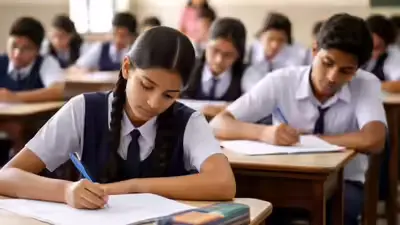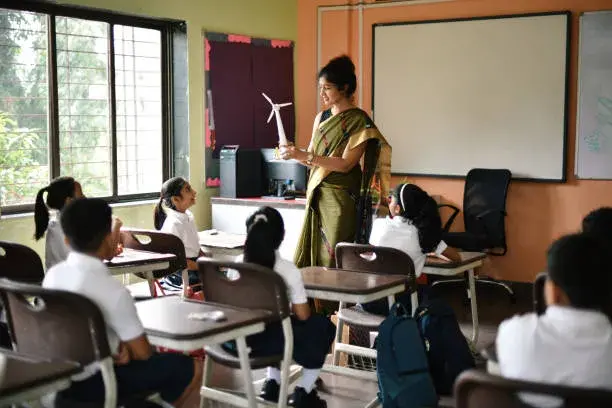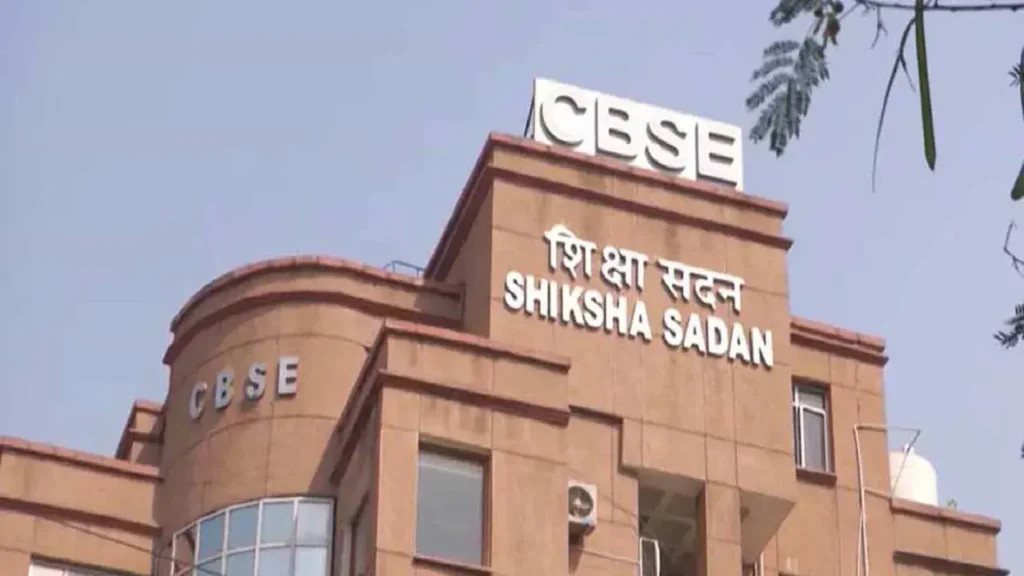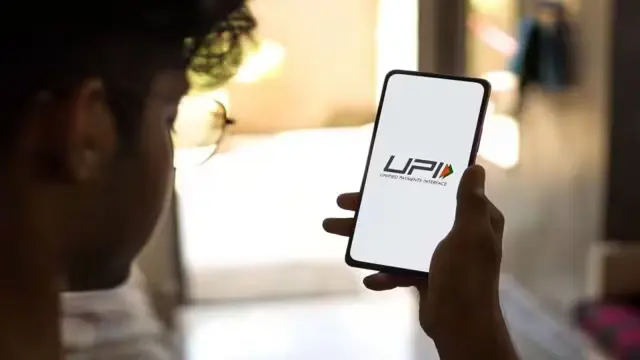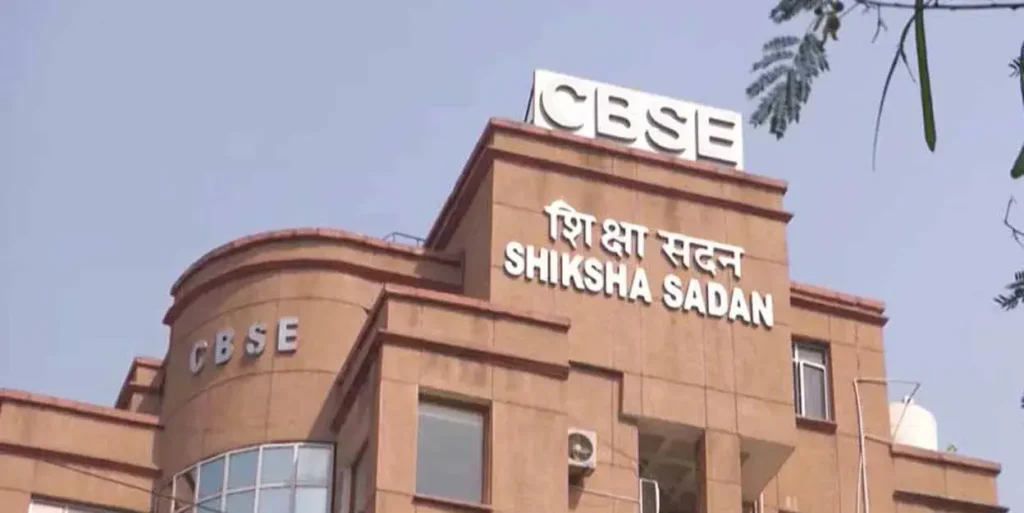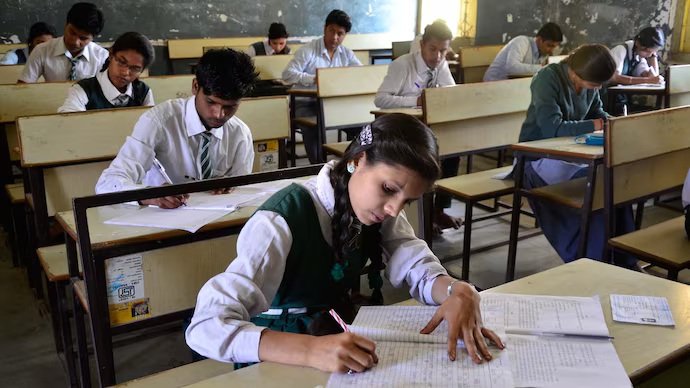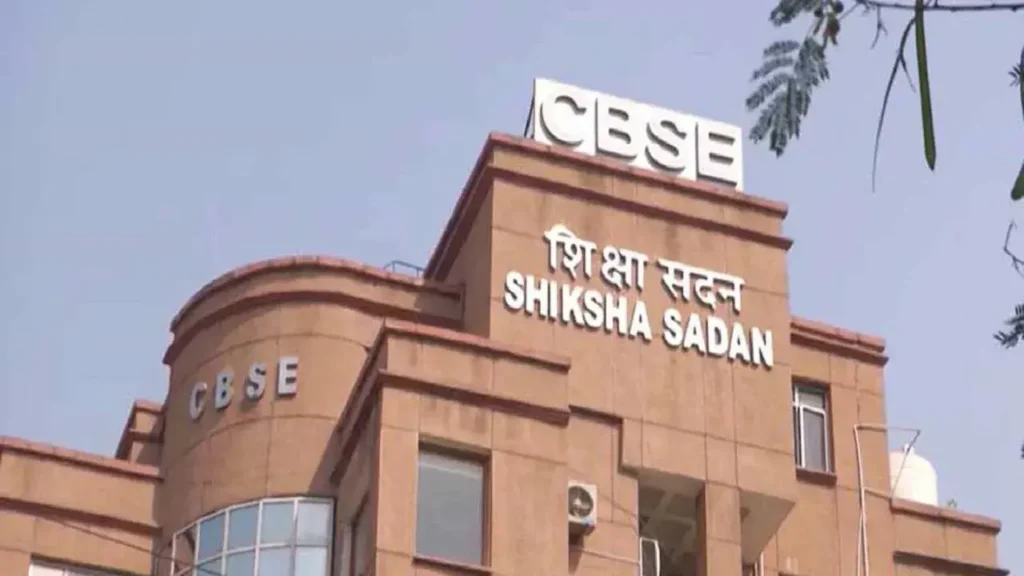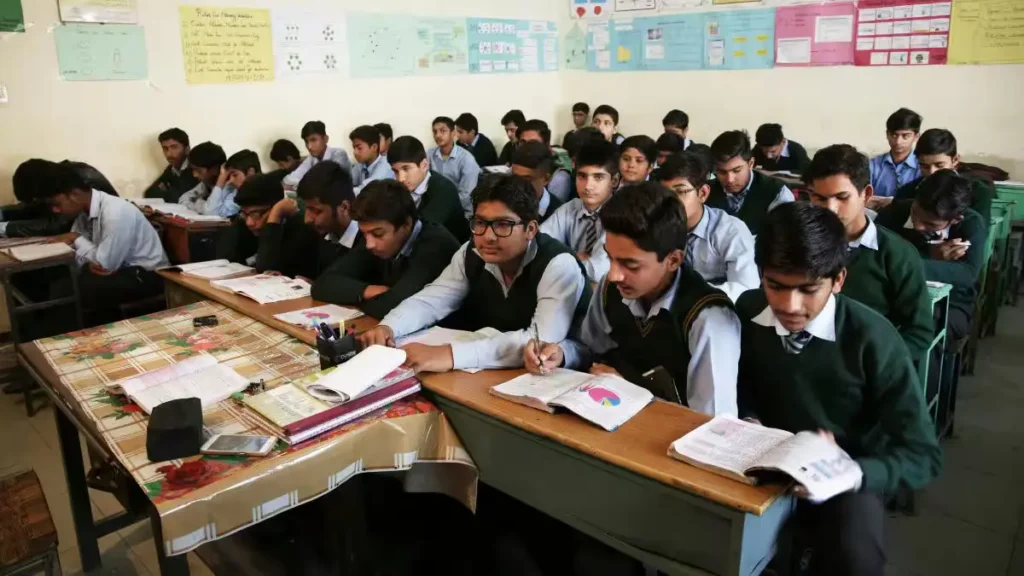CBSE reminds affiliated schools to strictly follow public disclosure rules
The Central Board of Secondary Education (CBSE) has issued a fresh advisory asking all its affiliated schools to strictly adhere to the Mandatory Public Disclosure norms, with a special focus on keeping their official websites updated with accurate information. The Board has warned that failure to comply may result in action under the CBSE Affiliation Bye-laws. In its communication, CBSE reiterated that maintaining a functional and informative website is a basic condition for both new and existing affiliations. Schools are required to upload comprehensive institutional details online, as specified under various clauses of the Affiliation Bye-laws, making digital transparency a non-negotiable requirement. The Board has directed schools to follow the revised format of Appendix IX and ensure that all prescribed information and documents are correctly uploaded on their websites by February 15, 2026. Under Clause 14.1 of the Bye-laws, schools are obligated to comply with all instructions issued by CBSE. As per Clauses 2.3.8 and 2.4.9, affiliated schools must display key details such as affiliation status, infrastructure facilities, fee structure, student strength, contact details, and complete information about teaching staff along with their qualifications. Schools must also upload valid, self-attested documents in the “Mandatory Public Disclosure” section in line with Appendix IX. CBSE has further reminded schools about Clause 14.5, which requires them to prepare and publish a detailed annual report on their websites by September 15 every year. The report should include the academic calendar, teacher qualifications and professional development, academic performance, sports achievements, environmental initiatives, PTA activities, decisions of the School Management Committee, and total student enrolment. The Board observed that despite multiple reminders, many schools continue to neglect website updates or upload incomplete, incorrect, or invalid information. In several cases, details related to teachers and their qualifications are missing from the Mandatory Public Disclosure section. CBSE stressed that such information is crucial for parents to evaluate a school’s academic standards and teaching resources, and plays a vital role in promoting transparency and accountability. The Board has cautioned that non-compliance will be considered a violation of Clause 12.2.3 of the Affiliation Bye-laws and may attract penalties as outlined in Chapter 12, according to the official statement. Source: Indian Express
CBSE reminds affiliated schools to strictly follow public disclosure rules Read More »


